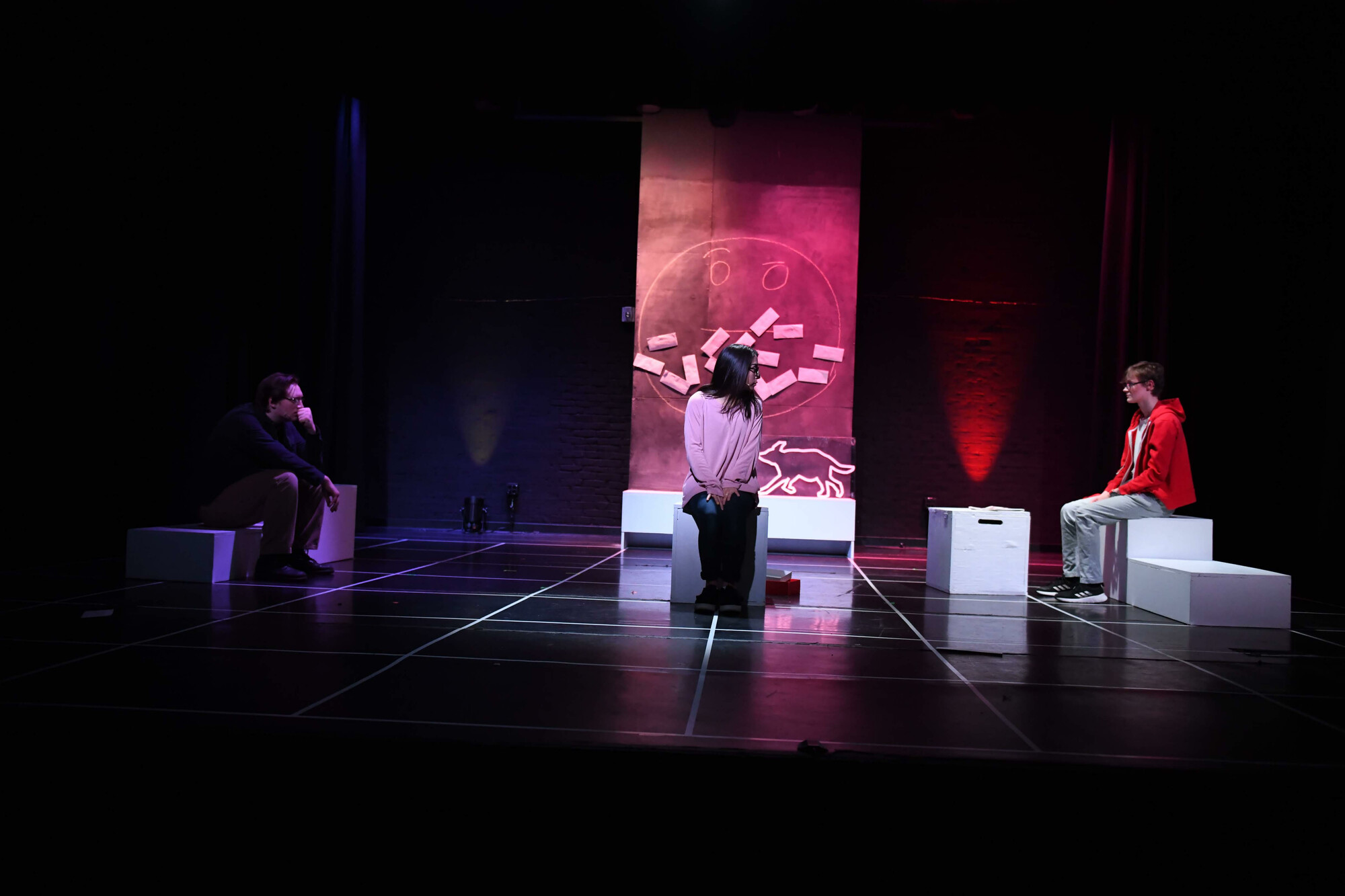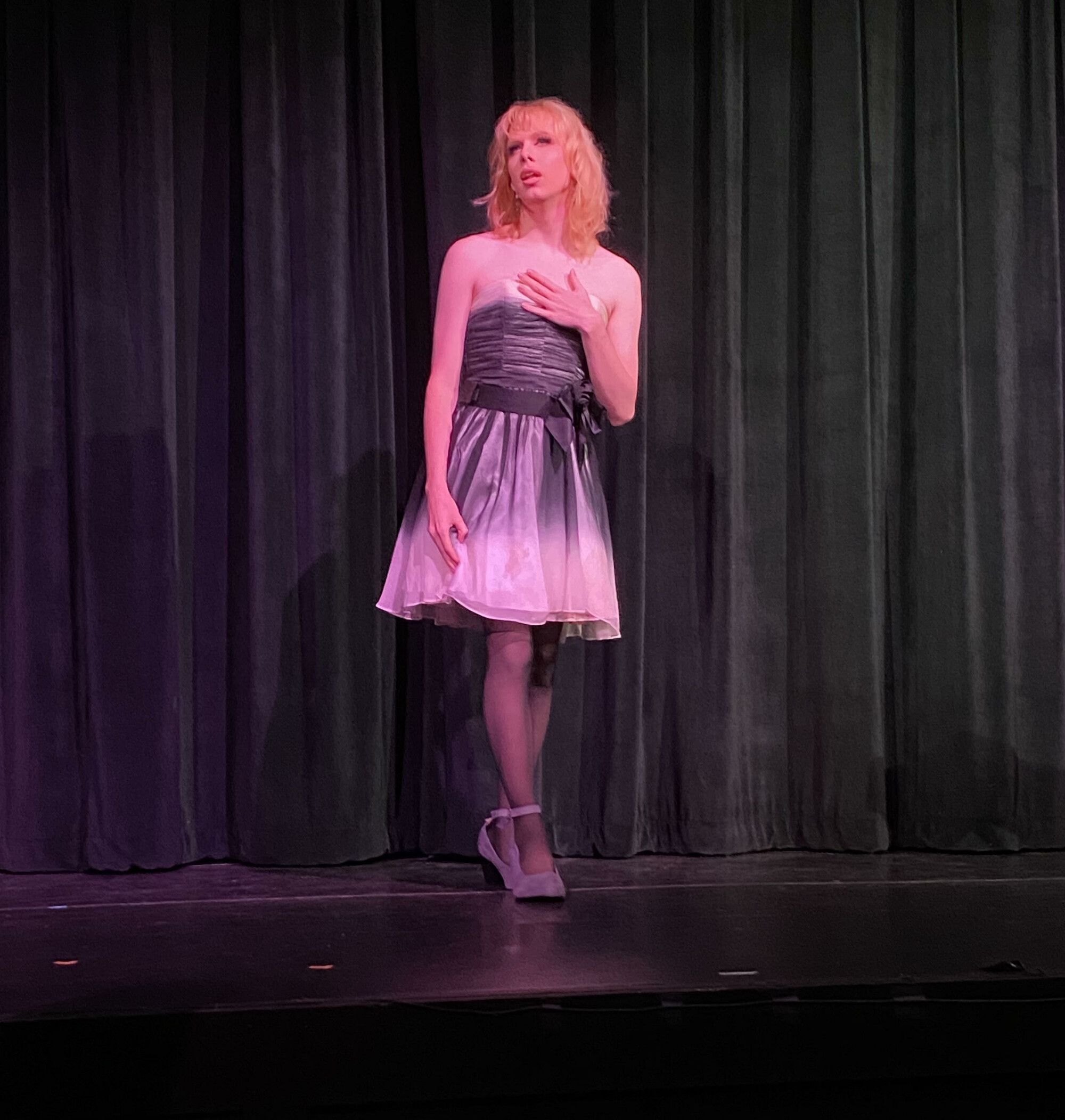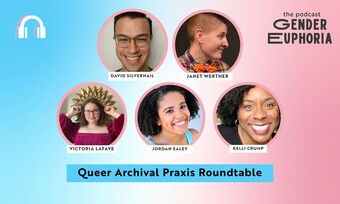As a theatre educator who has spent the last few years working with high school students, I find some of this year’s headlines troubling. This summer, Laurel Hubbard made news as the first transgender woman to compete in the Olympics. Many celebrated this highly publicized, international victory for transgender people. However, just a few months before, on a much smaller, more local stage, the rights of transgender students were being threatened. In March, Tennessee governor Bill Lee joined like-minded officials to pass a law that requires students participating on a girls’ or boys’ sports team to show a birth certificate to prove their assigned sex.
So, what does this have to do with theatre students?
Title IX, or Public Law 92-318, states, “No person in the United States shall, on the basis of sex, be excluded from participation in, be denied the benefits of, or be subjected to discrimination under any education program or activity receiving Federal financial assistance.” Lee Green, JD, an attorney and professor emeritus at Baker University, explains the expansive reach of Title IX as, “a broadly written prohibition on gender discrimination in educational institutions, which although applicable to all programs and activities, curricular and extracurricular, offered by high schools and colleges, is best known for its application to sports.” In other words, athletic activities are just one area of federally funded school activities that Title IX applies to, and public school theatre programs are subject to both the law and the newer regulatory interpretations.
Title IX was created with the best of intentions. Written in 1972, the law was meant to level the playing field for underserved girls competing in public school sports in the United States. Governor Lee specifically stated that his recent actions protect the intent of the original law. This year, thirty-seven states considered laws that interpreted Title IX regarding transgender students. Now that thirteen states have adopted anti-trans bills that reference student athletes, theatre educators need to be aware of the law and the recent interpretations of Title IX.
In working with the students, I saw how deeply gender issues affected them, especially outside of the walls of the school.
Professor Lee Green, points out that Title IX “pertains to safeguarding the rights of students in a wide range of educational settings.” What if recent interpretations of the law have the potential to prohibit casting a transgender girl from playing a female role in a school production? As a theatre educator, how would you react to being questioned for casting students against their assigned sex? Imagine if, even in your classroom, you couldn’t cast a student in a different gender role as part a lesson plan for the purpose of encouraging dialogue or empathy.
For the last four years, I directed an afterschool drama club in a large school district in Tennessee. I quickly noticed that gender identity was a prevalent issue for many of my theatre students. Roughly half of the students who attended drama club described themselves as gay, transgender, or questioning. In working with the students, I saw how deeply gender issues affected them, especially outside of the walls of the school.















Comments
The article is just the start of the conversation—we want to know what you think about this subject, too! HowlRound is a space for knowledge-sharing, and we welcome spirited, thoughtful, and on-topic dialogue. Find our full comments policy here